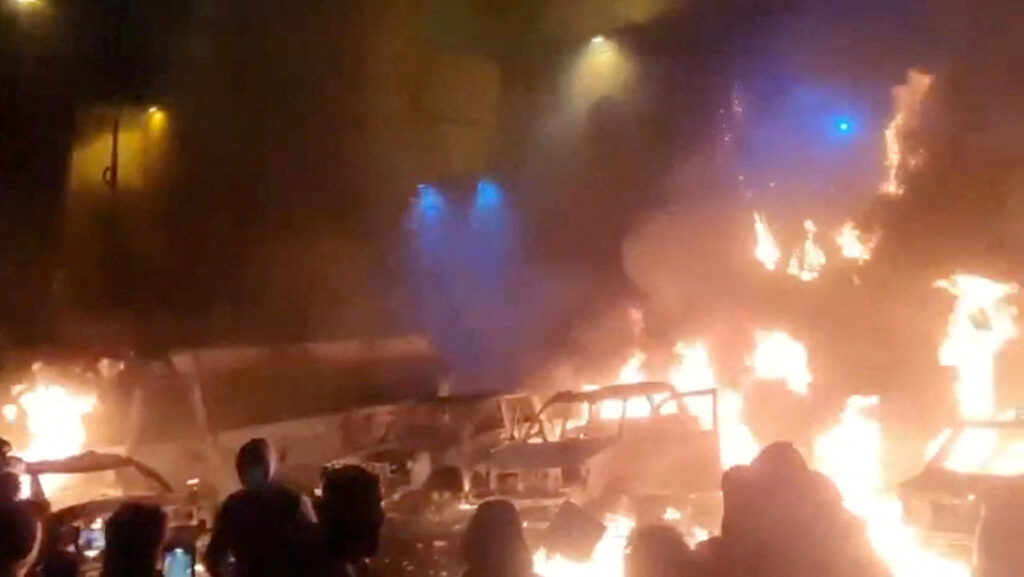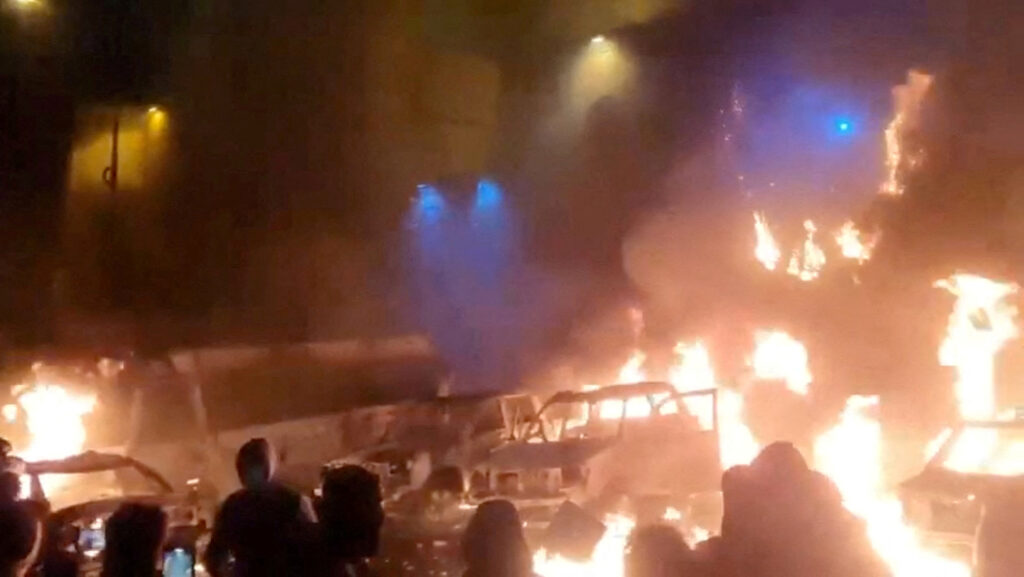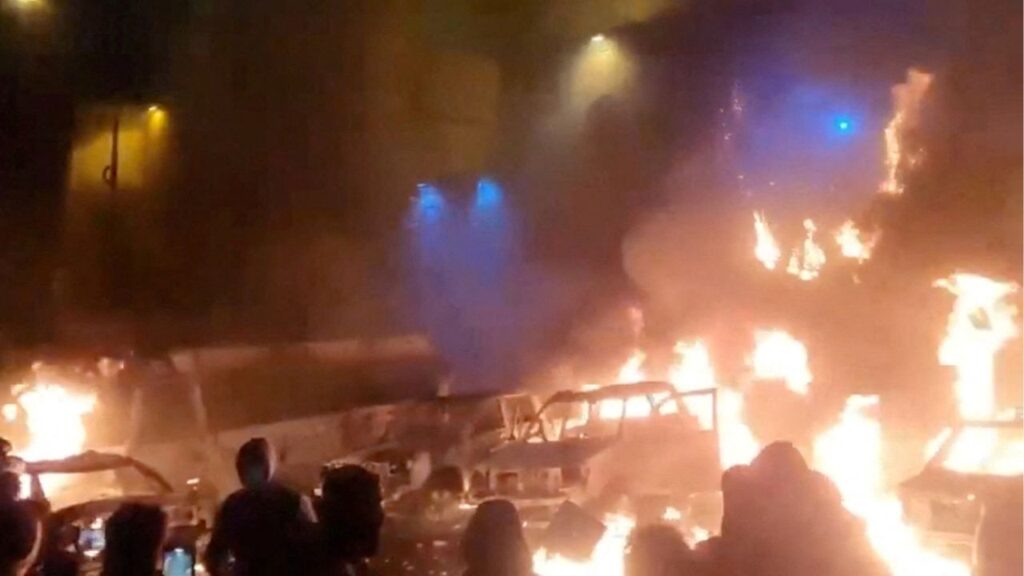Share
Will climate change destroy California’s broken governing system?

Joe Mathews
Opinion
That’s the most interesting question posed by the most interesting measure on this November’s statewide ballot. Proposition 30 might be dismissed as just another attempt to raise taxes on the rich. But it actually may represent the beginning of an existential contest—between the urgency of the 21st-century climate crisis and the endurance of the state’s dysfunctional 19th-century constitutional order.
On one side are Prop. 30’s supporters — destructionists willing to play hardball with erstwhile allies and wreck the governing system to address climate change. On the other side are institutionalists with the most power in the current system: the governor and the California Teachers Association.
Those power institutionalists believe the climate crisis can be addressed within the current system, despite its too-complicated constitution, inflexible tax formulas, and unintelligible budgeting algorithms that make planning and governance nearly impossible.
Proposition 30 would raise taxes on individual income above $2 million annually, generating between $3 billion and $4.5 billion annually for the next two decades. Prop. 30 would dedicate that money to reducing greenhouse gases in transportation — by subsidizing the purchase of electric vehicles and charging infrastructure — and from wildfires.
All that may sound straightforward and attractive to Californians who don’t understand our state’s complex governing system.
Prop. 30 Is Bank Robbery
But in the context of that system, Prop 30. looks like more disease, not a cure.
It’s questionable as tax policy, since it increases the state’s dependence on the highest earners, adding to the system’s volatility. And it’s abominable as budget policy, locking up billions of tax dollars in special accounts that can’t be touched for the state’s core functions: schools, healthcare, prisons, and emergency response.
Prop. 30 is also bank robbery: In essence, the measure’s chief funder, Lyft, is conducting a raid on the state treasury. Under current state law requiring a shift to electric vehicles, ride-sharing companies like Lyft could have to spend their own money to get electric vehicles for their drivers. Prop. 30 would shift more of those costs to taxpayers.
Prop. 30’s many flaws seem likely to sink its chances, especially with the popular governor campaigning against it. But the measure’s audacious awfulness, paradoxically, makes it compelling, even urgent.
Prop. 30 Lights the Path to a New Era
It also points to a new era. Prop. 30 demonstrates that California’s environmentalists no longer want to be loved, or thought of as allies of good government. Instead, our greens — including Prop. 30 backers Clean Air California, California Environmental Voters, and leading environmentalist politicians like Fran Pavley — are unapologetically putting on the black hats. They are willing to fight allies, wreck coalitions, and pick Hobbesian fights against every other spending interest.
And if the climate threat is truly existential, they may well be right.
They have no time for political pablum about California’s global climate leadership — a claim that even California’s assembly speaker has acknowledged is nonsense. And they can’t wait for small measures, like the recent gas tax hike. The data and the climate science say 2030 will be too late.
With such ruthless urgency behind it, Prop. 30, whether or not it gets a majority in November, already is a winner. On the defensive, Newsom rushed through a climate package of laws and investments late in the legislative session. Now he is pledging to beyond his $54 billion California Climate Commitment. “We are not only doubling down, we’re just getting started,” he says.
Can We Save the Climate and California Government?
Of course, the people behind Prop 30. may just be getting started, too.
If there’s anything wrong with Prop 30, from a climate crisis perspective, it’s that it’s not urgent enough. It doesn’t take enough in taxes from enough people to make every vehicle electric in this decade rather than future ones. It doesn’t remake the budget enough to make climate our true first priority.
So while Prop. 30 backers have already gone too far for the taste of the governor and the teachers’ union, they’ll soon learn that they have to go much further. They’ll recognize that California’s 19th-century governing system is simply too old and inflexible for the rapid social and economic transformation the climate crisis requires.
What will they do then? Prop. 30 shows they have some nerve. But do they have nerve enough to tear up the state’s tax and budget systems? Or give us a new constitution?
Because Californians face a choice: save the climate or save our strange system of government. We can’t do both.
About the Author
Joe Mathews writes the Connecting California column for Zócalo Public Square.
Make Your Voice Heard
GV Wire encourages vigorous debate from people and organizations on local, state, and national issues. Submit your op-ed to rreed@gvwire.com for consideration.
RELATED TOPICS:
Categories



















